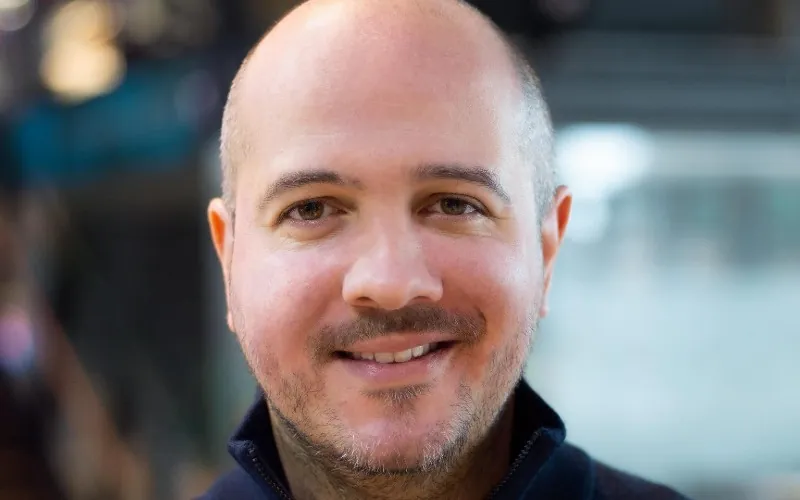The CEO and chief strategy officer of Bidstack Group plc have set up a private company “to preserve value for shareholders” and sell its platform into US sports leagues.
The decision has caused COO Camila Franklin to leave after 12 months in the role.
James Draper, founder of the in-game advertising platform, and CSO Lisa Hau have incorporated Virtual Sport Technology Limited, a sports marketing agency.
Bidstack subsequently into a non-binding heads of terms agreement in respect of a proposed commercial partnership with VST. The multi-year licensing agreement would grant VST worldwide third party exclusivity to provide access to its proprietary video game content management platform to rights-holders including sports leagues, teams and publishers for an initial term of three years, with a further three-year extension mutually available.
The deal would see VST pay Bidstack a licence fee of £1.5m – two equal instalments of £750,000, paid quarterly in advance – while Bidstack would provide certain support services to VST in consideration of a quarterly service fee of £45,000.
Bidstack said it would capture upside of the growth potential through retaining a revenue share of 70%. As part of the arrangements, certain Bidstack employees would transfer their employment to VST with a consequent cost saving to Bidstack.
The company’s share price has dropped from £2.78 just prior to the start of this year to 45 pence at the time of writing (9am). This summer it pledged to reduce the size of its leadership team after an activist shareholder attempted to remove Hau and non-exec Glen Calvert as directors.
“Sports leagues and teams have long been identified as enterprise customers of Bidstack’s platform. Until now, Bidstack and its competitors have been unable to monetise sports games within a fully licensed virtual stadium or track due to restrictions from official sponsors,” Bidstack stated.
“By placing control of brand activations in the hands of relevant leagues and teams, these virtual stadiums or tracks become available to the owners of their real life counterparts. Bidstack would act purely as the technology provider, empowering sports teams and leagues to reach fans within their virtual stadiums or tracks with a level of targeting and flexibility that has not been possible before.”
Dr David Reeves, chairman of Bidstack, said: “Over the past several months, the board and the management team have diligently examined numerous possible financing options with the primary aim of securing the necessary capital to address the company’s immediate and mid-term funding requirements.
“After an extensive search for the best route to access capital by the group, the independent directors believe this proposed agreement, albeit a related party transaction, represents the best value for shareholders.
“The board also believes that this proposed commercial agreement builds on the inherent strengths of Bidstack’s technology platform and provides greater certainty of continued financial viability.”
Draper explained the move to set up VST: “Over the last few months it has become clear that Bidstack’s technology is of great interest to a number of potential commercial partners.
“The announcement [in July of a] partnership with the Washington Commanders and the NFL’s officially licensed VR game ‘NFL Pro Era’ has seen the sports side of the business gain traction across a number of sports leagues and teams. We have grown from having a one team, two games, one sport technology pilot, to a league-wide initiative.
“This momentum, which we expected could have taken years to attain, has surprised all of us positively. As a result, we took the decision to outsource our contracted network of titles to Venatus, who we know well and trust.
“Exploring both the sports and licensing use cases for our technology – outside of our advertising network – has created great interest from a number of sports-focused investors.
“As we have explored routes to funding and taking our technology to market, it’s become clear to the board that we must be creative in ensuring the best interests of Bidstack’s shareholders, staff and other stakeholders are preserved.
“However, the interest in investing into Bidstack, as a public company, has proved challenging due to the global economic headwinds and volatile equity markets and the company’s share price. All deals we have explored would have been detrimental to shareholder value.
“This has led myself and Lisa Hau to take the decision to set up a net-new private company.”
If the deal is agreed, VST will be the sales house representing and selling Bidstack’s technology to the sports industry, he said.
“Being a private company, VST has been able to attract longer-term strategic and patient capital,” Draper said. “The commercial terms of the heads have been reviewed and approved by independent directors, but remain subject to contract.”


